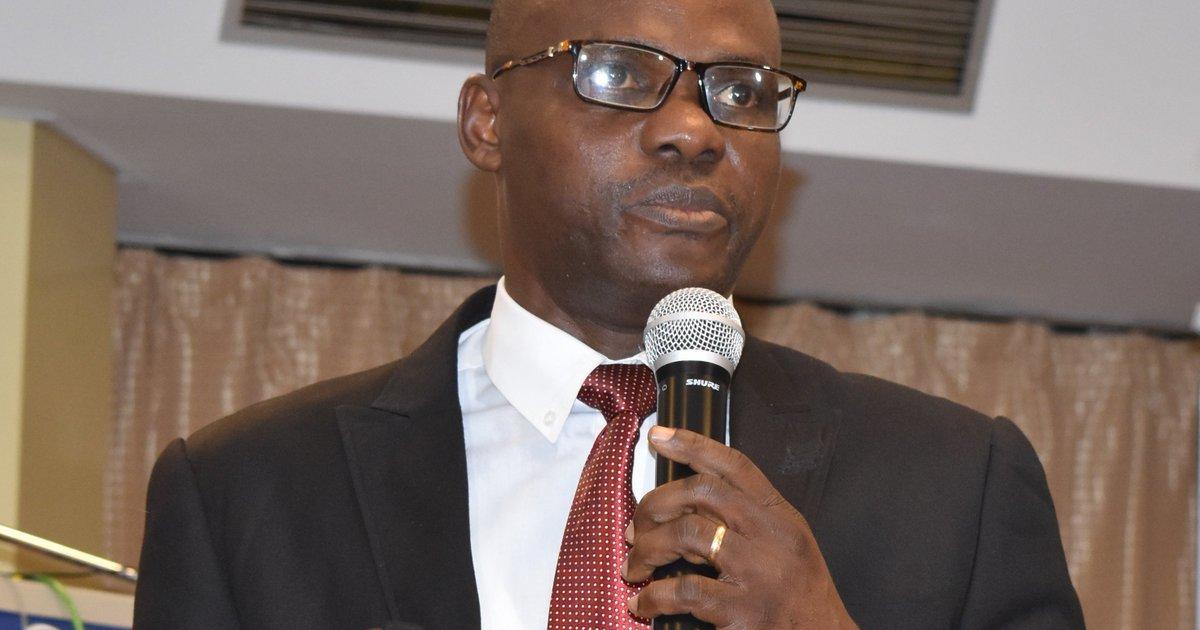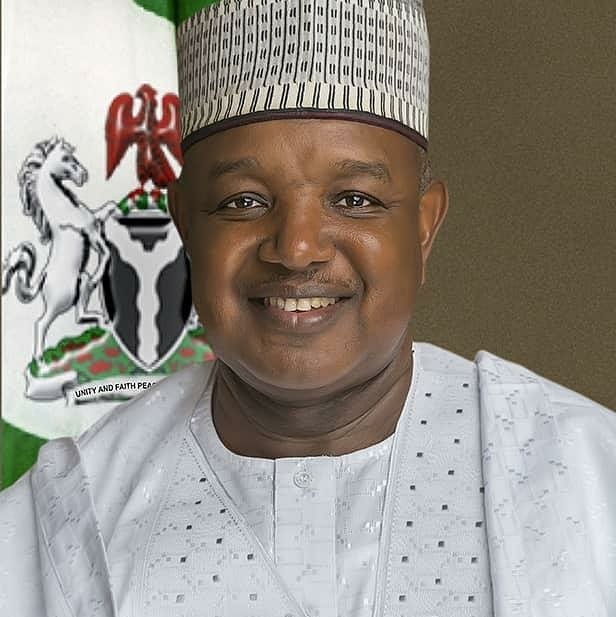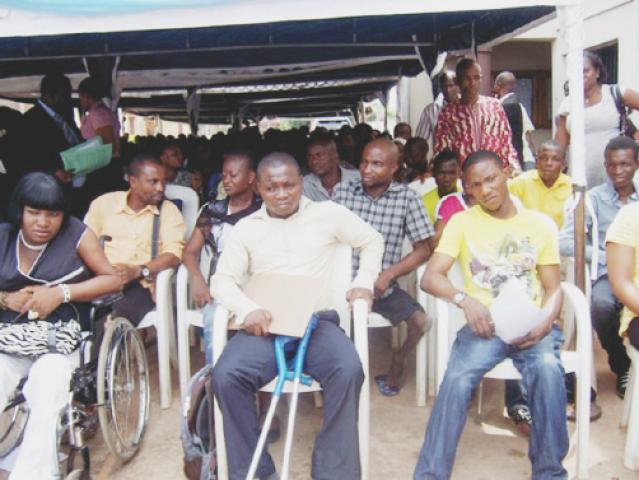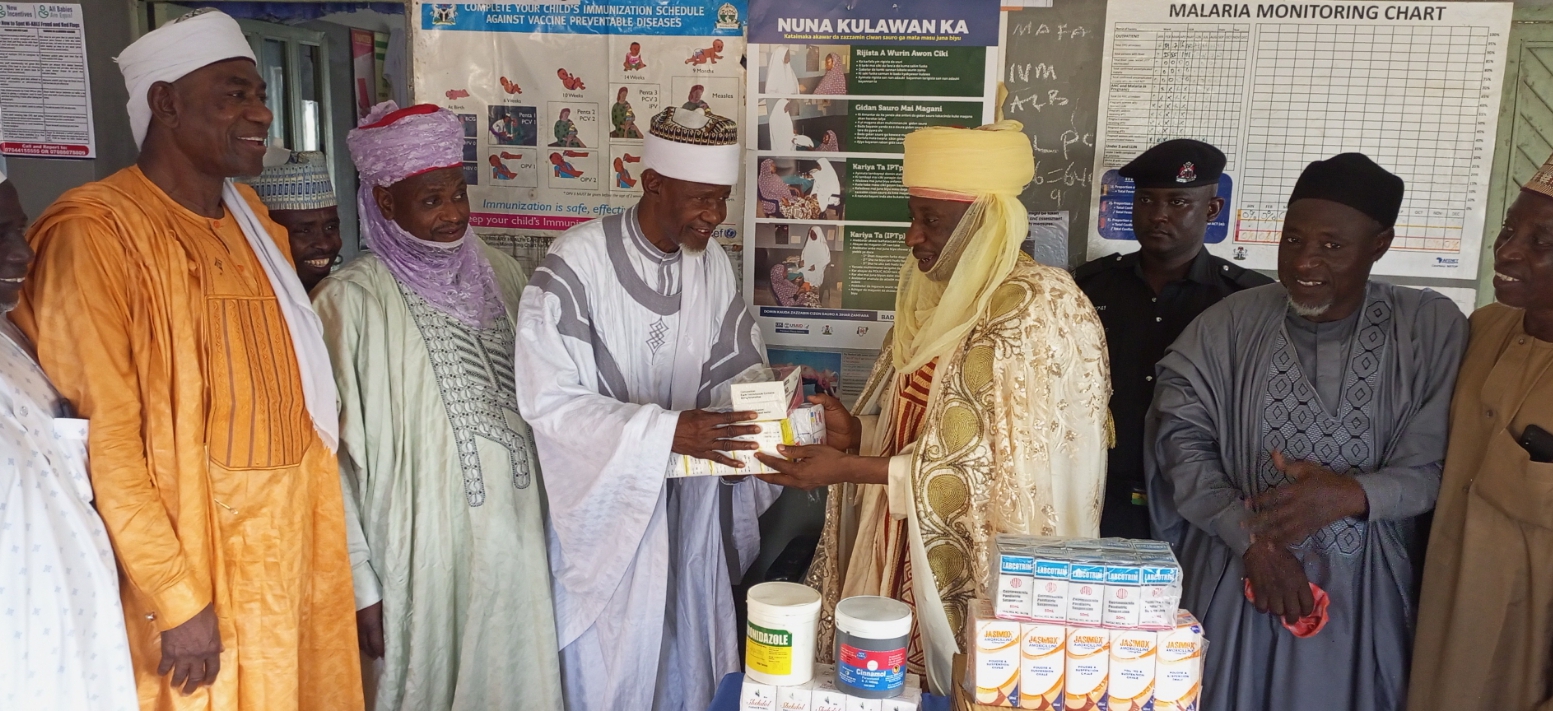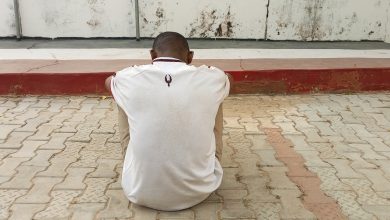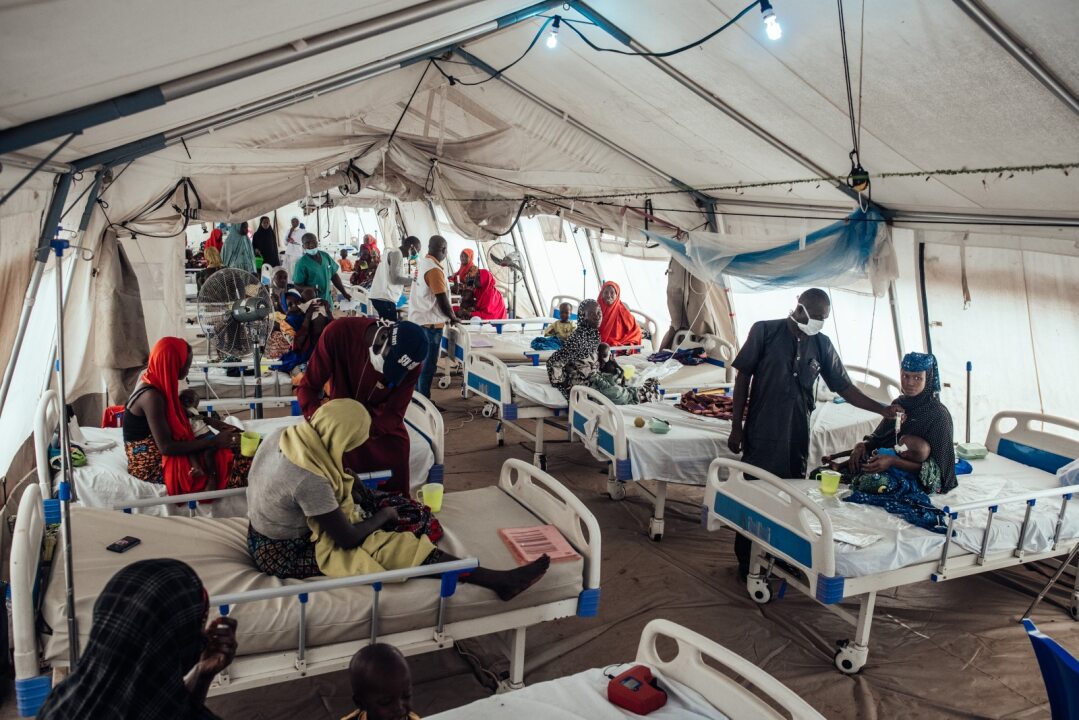
Médecins Sans Frontières/Doctors Without Borders (MSF) issued a stark warning about the escalating humanitarian crisis in northwest Nigeria, which they assert is being largely neglected by donors and aid organizations.
In a recent press release signed by the Communications Officer, MSF Nigeria, Mr Mohamed Ali Adan, the organization highlights catastrophic levels of malnutrition and recurrent outbreaks of preventable diseases in the region, which are exacerbating an already dire situation.
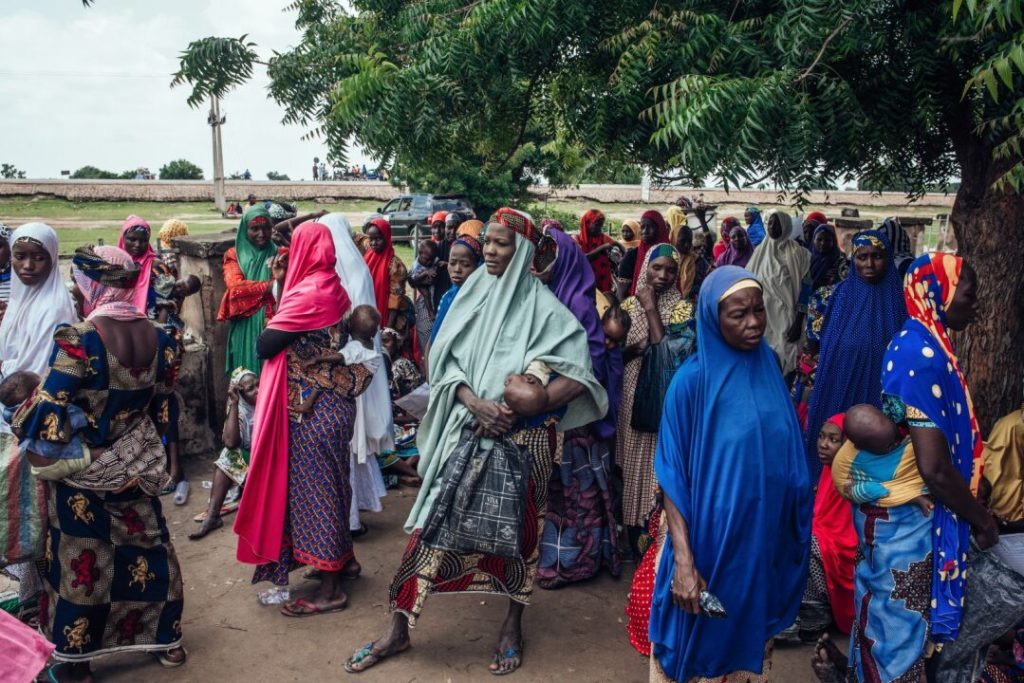
According to MSF, over 600,000 people have been displaced from their homes in northwest Nigeria due to a combination of extreme violence, deteriorating economic conditions, and climate change. Despite some signs of mobilization from humanitarian actors and donors in 2023, MSF emphasizes that the current funding and aid available are woefully insufficient to meet the growing needs of the population.
Ahmed Bilal, MSF’s head of mission, expressed concern over the lack of recognition of the crisis by the UN and donors, stating that it is severely impacting the health and humanitarian needs of the population and delaying much-needed responses. The crisis primarily affects the states of Zamfara, Sokoto, Katsina, and Kebbi, where persistent violence, mainly armed banditry and kidnappings, have led to loss of livelihoods and restricted access to food and healthcare.
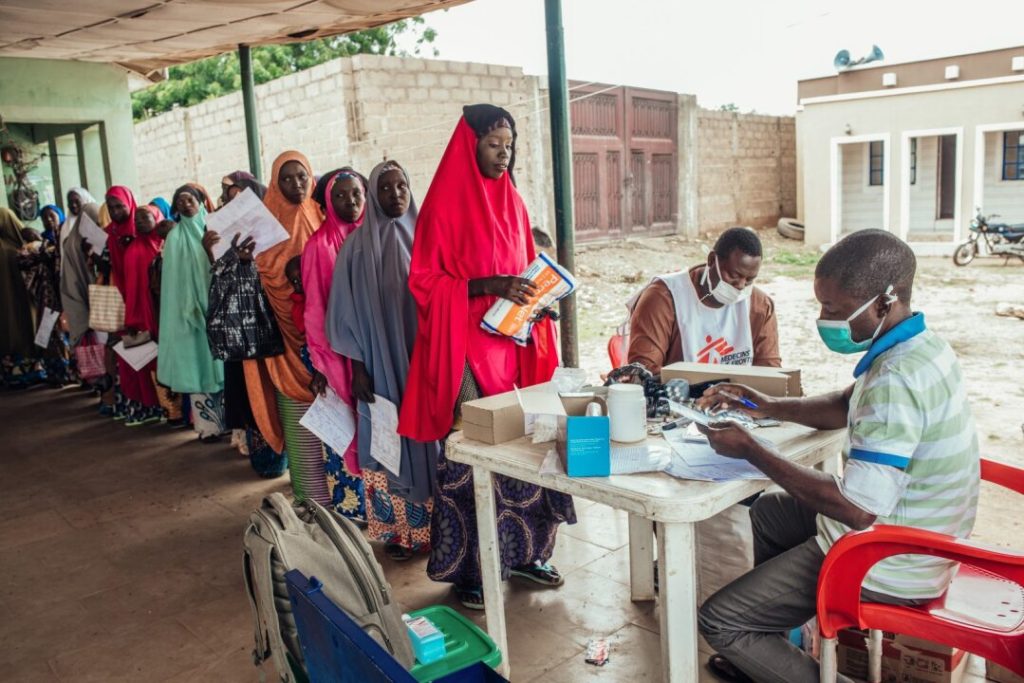
The crisis has resulted in alarming rates of malnutrition and other diseases, with an estimated 2.6 million children suffering from Severe Acute Malnutrition in Nigeria, according to national surveys conducted by UNICEF and authorities. MSF reports a 14% increase in the number of children admitted for life-threatening severe acute malnutrition in 2023 compared to the previous year, with particularly high levels observed in Katsina.
Tragically, the high rate of admissions to inpatient facilities is accompanied by alarming mortality rates, with many children dying within 48 hours of admission due to barriers in accessing healthcare. Outbreaks of preventable diseases such as malaria, cholera, meningitis, measles, and diphtheria are recurrent and widespread, further straining an already overwhelmed healthcare system.
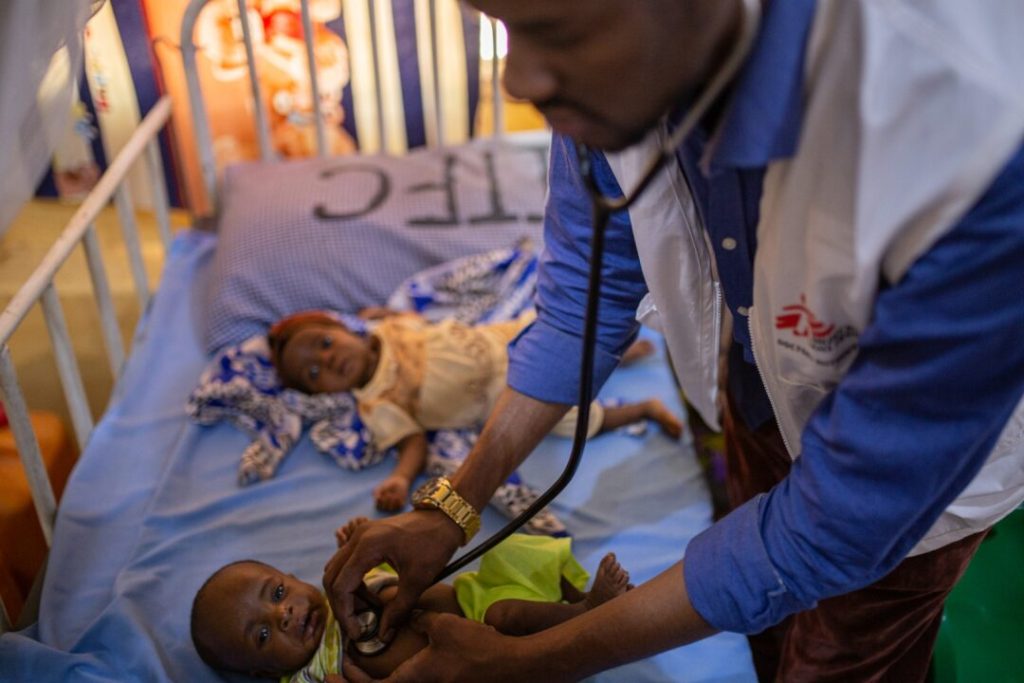
Security constraints pose a significant challenge for aid agencies, making it increasingly difficult to gain access to certain areas and sometimes preventing their work altogether. MSF cites instances where their teams were forced to stop supporting facilities or temporarily evacuate due to escalating violence.
While there were some signs of increasing interest and mobilization from donors and aid organizations in 2023, MSF warns that the funding has not been forthcoming, and the few agencies working in the region lack the capacity to scale up their operations. Dr. Simba Tirima, MSF’s country representative, expresses alarm over forthcoming reductions in funding activities amid global cuts to humanitarian assistance, emphasizing the urgent need for action to prevent further suffering in 2024.
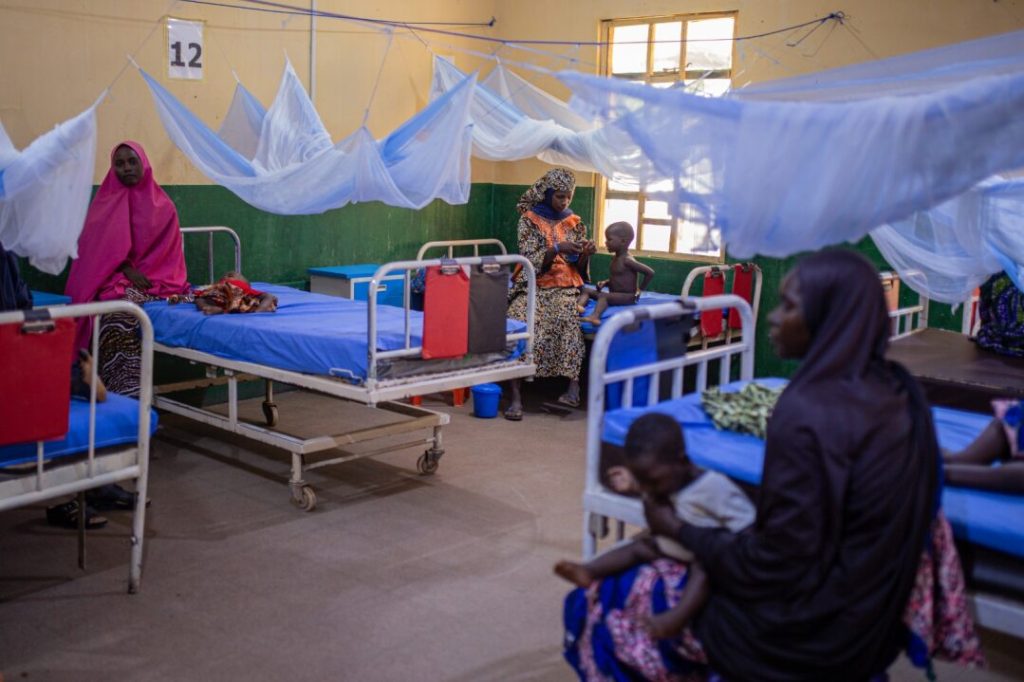
MSF calls upon the humanitarian community and the Nigerian government to urgently mobilize across northwest Nigeria to respond to this neglected humanitarian emergency. The organization stresses the importance of prioritizing efforts to prevent and treat malnutrition, as well as vaccinating people against preventable diseases, particularly among children under five years old.
MSF has been working in Nigeria since 1996, with teams currently operating in 28 outpatient and 7 inpatient therapeutic feeding centers across multiple states in northwest Nigeria, as well as in northeast Nigeria. In 2023 alone, MSF treated over 202,000 malnourished children in outpatient feeding programs and provided inpatient care to over 52,000 children with severe acute malnutrition.
As the humanitarian crisis in northwest Nigeria continues to worsen, MSF’s call for urgent action underscores the need for immediate and sustained intervention to alleviate the suffering of vulnerable populations in the region.


